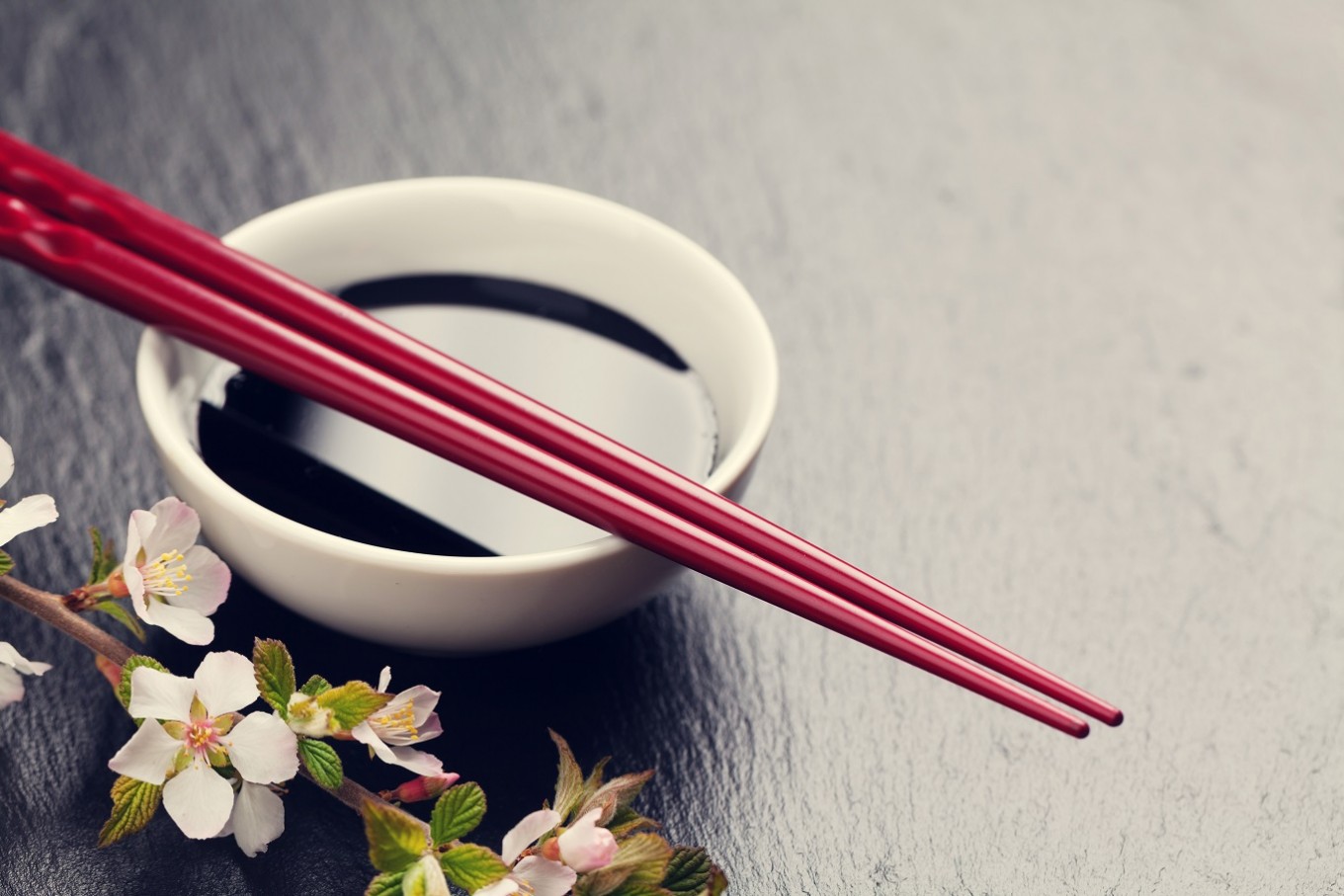Popular Reads
Top Results
Can't find what you're looking for?
View all search resultsPopular Reads
Top Results
Can't find what you're looking for?
View all search resultsHalal soy sauce being developed with help of Muslim students
Change text size
Gift Premium Articles
to Anyone
A
seasoning maker and a university in Oita Prefecture have enlisted some Muslim students to help in the development of new halal soy sauce product, aiming to export it to Southeast Asia beginning this year.
The soy sauce being developed by Fundokin Shoyu Co. and Ritsumeikan Asia Pacific University uses preservatives instead of alcohol to curb bacteria-related degradation. The alcohol used in the production of soy sauce means it does not normally meet Islamic dietary laws.
The southwestern Japan company began researching taste and packaging preferences through interviews with Muslim students from Southeast Asia at the university last fall, and this April began preparing 120 kiloliters of halal soy sauce on a specially designated production line.
Read also: Wasabi found to be good for hair growth
The company plans to apply for halal certification for the product from the Japan Halal Association in July.
There is a growing interest in Japanese food in Southeast Asia, said Dimas Lagusto, a 35-year-old student from Indonesia involved in the soy sauce development program, adding that customizing food to suit local preferences is the key to success.
The global Islamic population totals more than 1.6 billion with Indonesia the nation with the largest number of Muslim citizens. Malaysia is also predominantly Islamic providing another regional market for the product.











